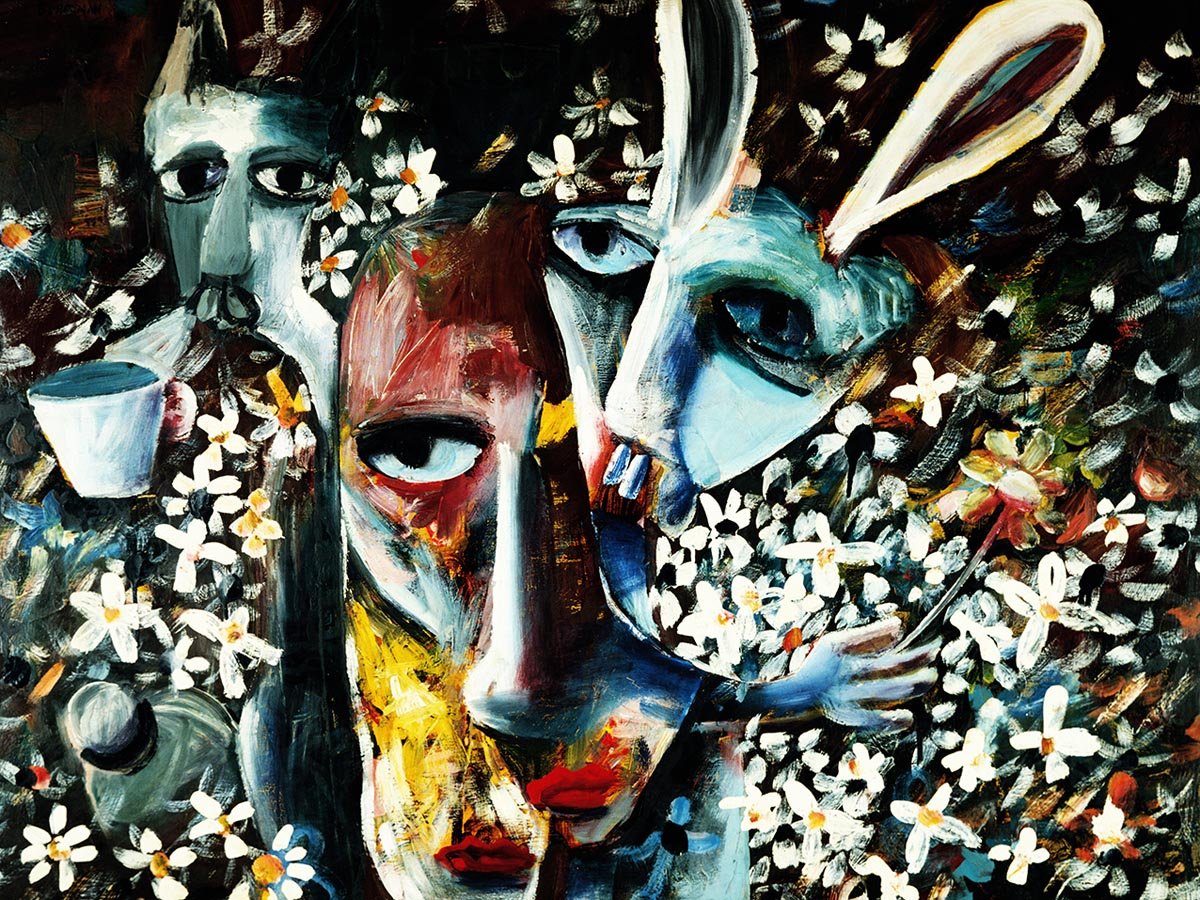How to figure out what art you like
Knowing what you like is a peculiar challenge. On one hand, the problem seems moot: you know what you like, because you like it. Yet, as anyone who has ever tested this theory knows, how it manifests in reality it more complex. When it comes to art, not only do we face boundless options, but making sense of your artistic intuition can feel akin to self-discovery. So, to help ease this process, we’ve devised some practical hints for figuring out what art you like.
Begin with some questions
The world is filled with art – a lot of art. From gallery walls to websites and auction houses, knowing where to start can feel overwhelming. One way to combat this, is to set a scope.
Ask yourself questions like: what do I want this work of art for? How much am I willing to spend? I am drawn generally towards bright colours, abstract shapes or moody self-portraits? Do I gravitate towards new or old things? While you won’t know all the answers, setting a rough criteria will help steer you in the right direction.
Plot the course
The art world relishes more than pictures; it celebrates stories. While you don’t need an art history degree to collect art, engaging with the stories behind movements, artists and specific works can help develop your sense of taste.
In Charles Blackman's 'Metamorphosis', the stars of Lewis Carroll's 'Alice in Wonderland' meet in a floral limbo. Not only a re-imagining of the classic children's story, this work also speaks to Blackman's then wife Barbara's battle with blindness. Like Alice, she was subsiding into an increasingly disorientating world. Thus, the melancholy lapping at the edges 'Metamorphosis' bears a dual significance; it is both personal and universal.
Charles Blackman 'Metamorphosis'
Engage your senses
Once you’ve set a scope and done some investigating, all that’s left is to look. This is where your intuition kicks in. Browse online, go to galleries, talk, ask questions and don’t let yourself be swamped by other's opinions. Developing a sense of taste is after all, uniquely personal. And if you find yourself out of love with a work after buying it, you can always resell it. Tastes evolve – that’s part of pleasure.



